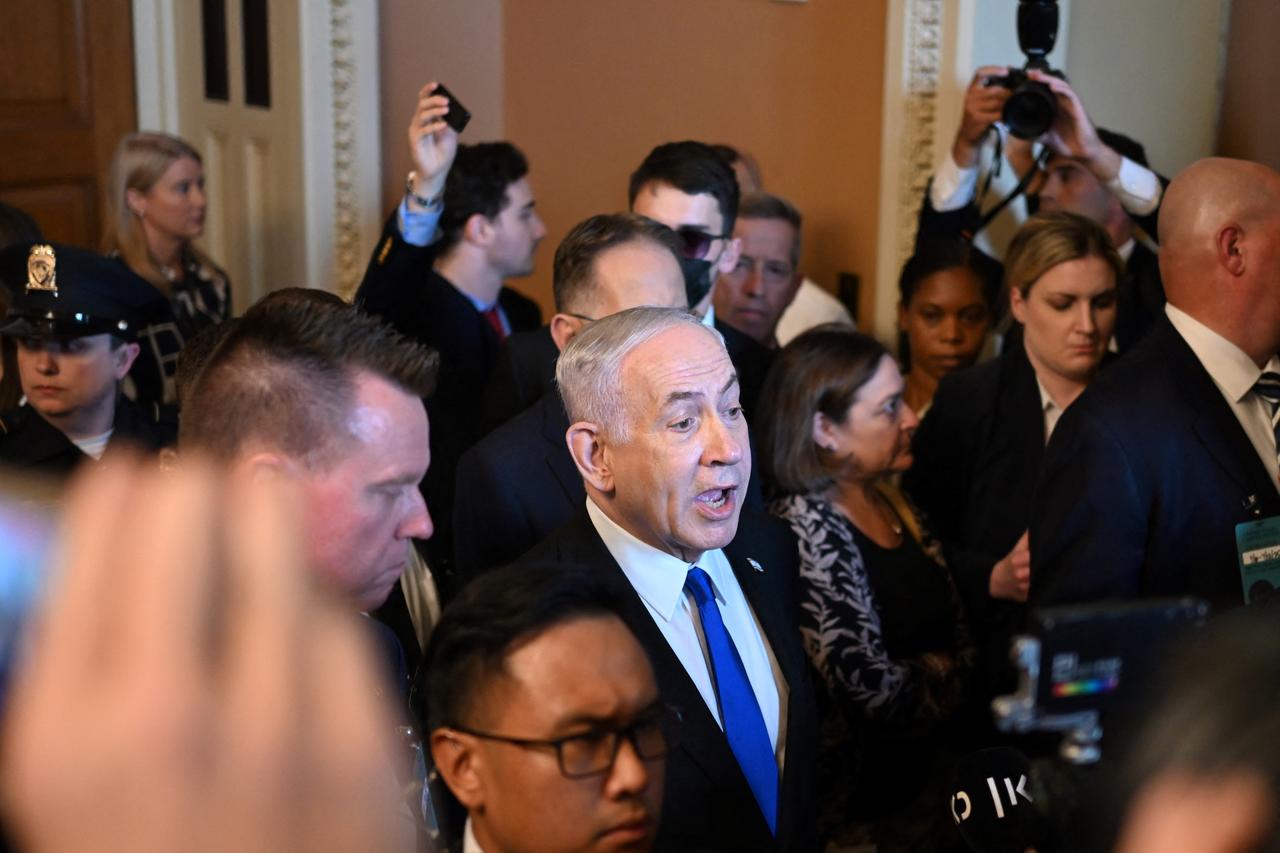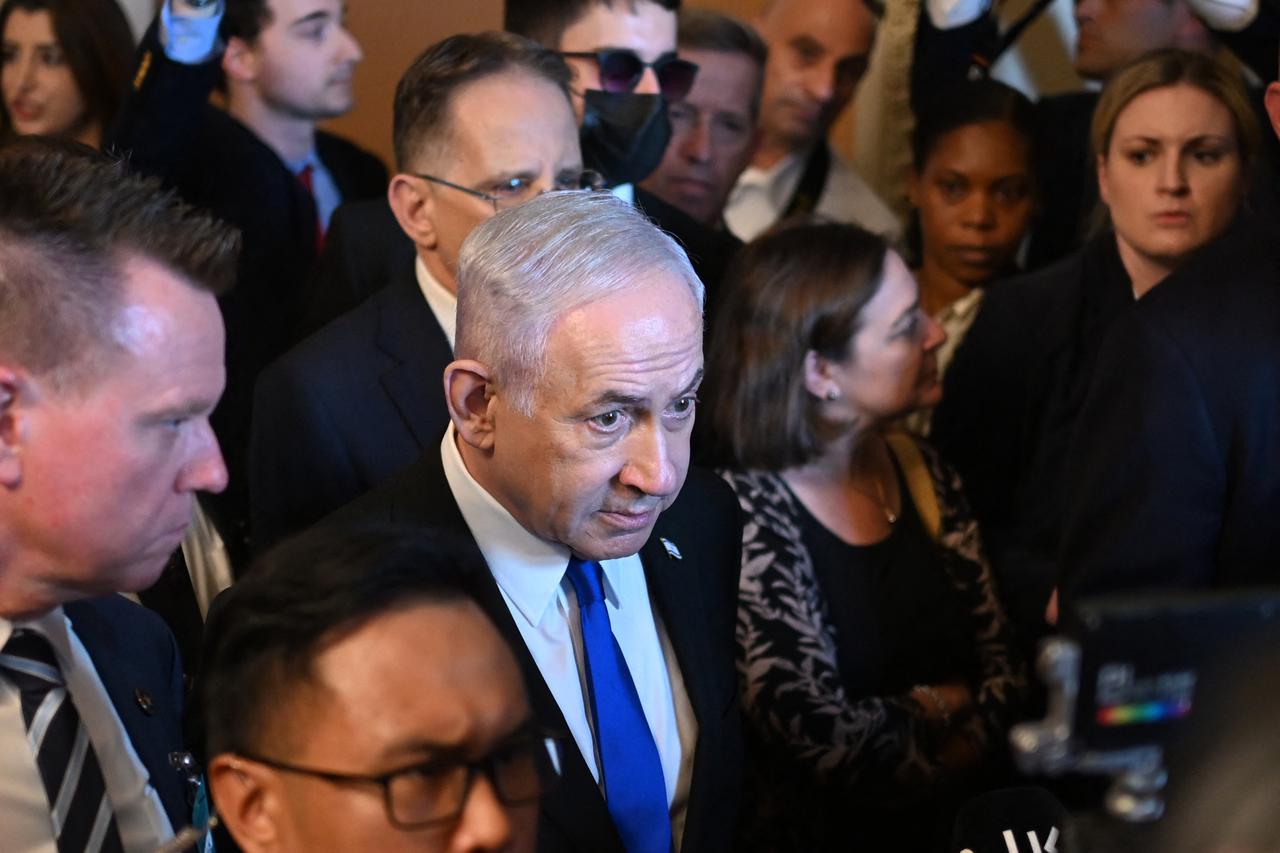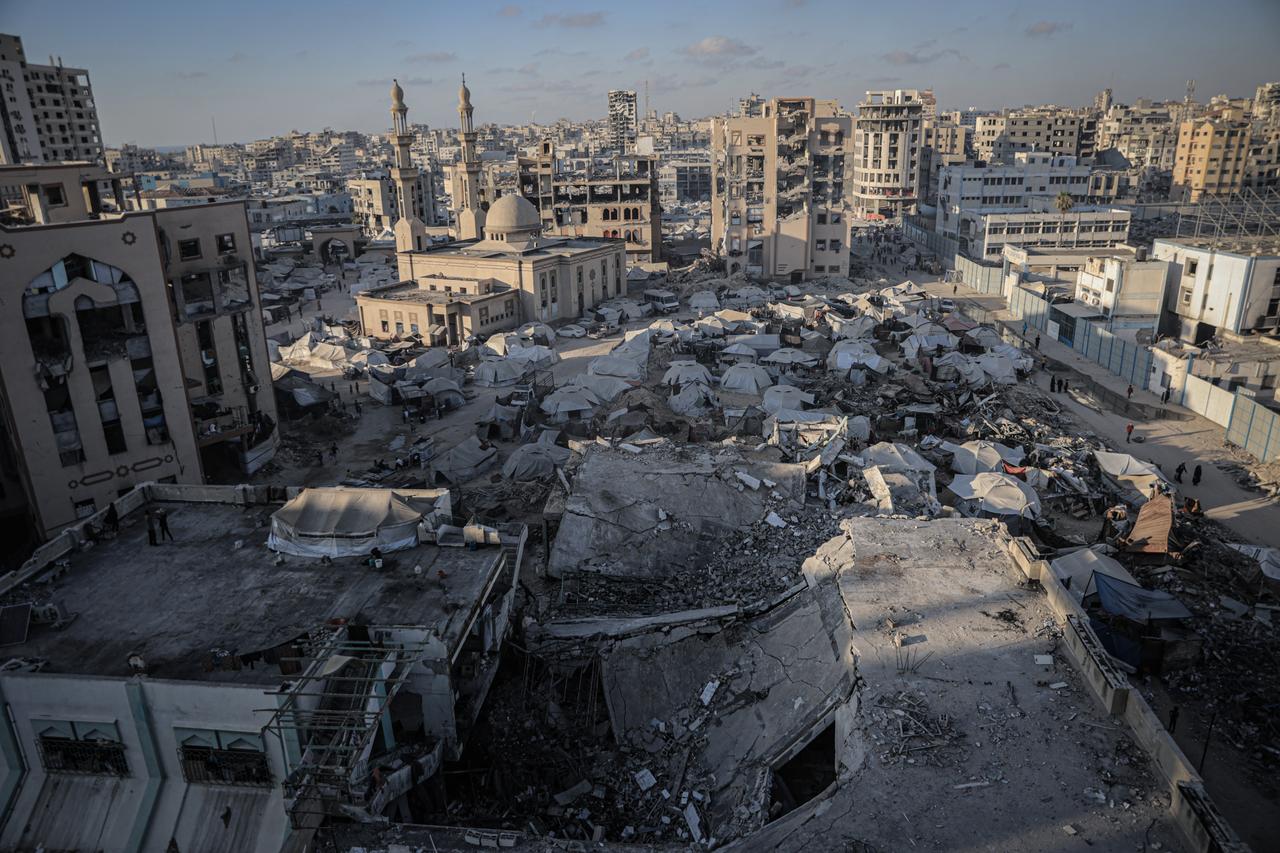
Israeli Democratic Party leader Yair Golan on Saturday accused Prime Minister Benjamin Netanyahu of obstructing a potential cease-fire and prisoner swap agreement in Gaza, calling for the government’s removal to “save lives and the country.”
Golan’s remarks came in response to a New York Times investigation published Friday, which reported that Netanyahu prioritized maintaining his governing coalition over reaching a deal to release Israeli hostages held in Gaza.

“The New York Times investigation only reinforces what everyone already knows: Netanyahu, Smotrich, and Ben-Gvir are preventing a deal to survive politically,” Golan wrote on X, referring to Finance Minister Bezalel Smotrich and National Security Minister Itamar Ben-Gvir..
“The lives of hostages and soldiers are less important to them than their positions,” he added. “They are an extreme minority dragging an entire country into the abyss. They are once again derailing the deal.”
“To save lives and the country, the government must be brought down,” Golan said.
Hamas said Wednesday it had agreed to release 10 living Israeli captives as a gesture of “flexibility” in ongoing cease-fire negotiations. However, talks have stalled over key Israeli demands, including the creation of a buffer zone ranging from 1 to 3 kilometers (0.6 to 1.9 miles) along Gaza’s borders and a refusal to commit to a full military withdrawal from the enclave.
Israel has rejected international calls for a permanent cease-fire, continuing its military campaign in Gaza that began in late October 2023. The offensive has killed nearly 58,000 Palestinians—most of them women and children—according to the Gaza Health Ministry.

The war has also devastated Gaza’s infrastructure, caused widespread displacement, triggered severe food shortages, and led to outbreaks of disease.
Last November, the International Criminal Court (ICC) issued arrest warrants for Netanyahu and former Defense Minister Yoav Gallant for alleged war crimes and crimes against humanity in Gaza. Separately, Israel is also facing a genocide case brought by South Africa at the International Court of Justice (ICJ).